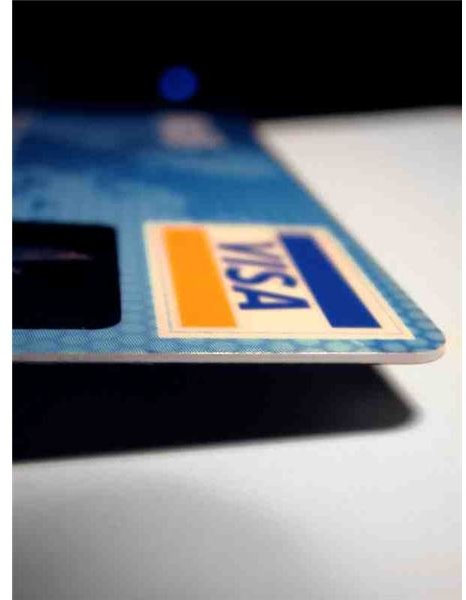What Are the Best Ways to Consolidate Your Debt?
Consolidating Debt
Consolidating debt is the process of taking multiple debts from different creditors, or of different types, and turning them all into one larger debt. There are many different ways to consolidate your debt and choosing the best ways to consolidate your debt will vary depending on your credit, the type of debt you have and your personal financial situation. In general, however, there are four main ways to consolidate your debt:
- You can use credit card balance transfer offers
- You can take a personal loan
- You can tap into the home equity in your home
- You can take a specialized debt consolidation loan
Credit Card Balance Transfer Offers
Credit card balance transfer offers, if they are available to you, can be one of the best ways to consolidate your debt. Essentially, this process involves taking advantage of special promotional offers that credit card lenders extent to customers. You may receive a balance transfer offer, for example, that will allow you to pay 0 percent interest on transferred balances for six months.
- The upside to taking a credit card balance transfer offer is you can significantly lower your interest rate. If you have a card at 15 percent interest and you transfer the balance on it to a card at 0 percent, this is a major reduction in interest.
- The downsides of this method of debt consolidation are that you have to qualify for a balance transfer, you can only transfer the amount of debt that you have equal to the credit line on your new card, and your debt will go back to a higher rate at the end of the promotional period. You will probably also have to pay an initial fee for the transfer that is equal to around 3-5 percent of the balance you move over.
Personal Loans
Personal loans are unsecured loans offered by banks or by other lending institutions like a credit union. The bank essentially loans you money to do whatever you want with, which in this case would be paying off the other debts you are trying to consolidate. Once you take the personal loan and pay off your existing debt, you will ideally only have the one payment to the lender who offered you the personal loan, and ideally the terms of this personal loan will be better than the terms you had on all the debt you had before.
- The upside to taking a personal loan is that the interest rates may be significantly lower than the interest rates on credit cards. Furthermore, if you take a fixed rate personal loan, you will always know exactly how much your monthly payments are going to be, and you’ll know exactly how long it is going to take you to pay off the debt (the term of the new loan)
- The downside to this is that you have to qualify, which won’t always be possible, depending on your credit. Again, you’ll only be able to consolidate as much debt as the bank is willing to lend you the money to pay off.
Home Equity Loans
You can consolidate debts by tapping into the equity in your home as well, assuming you are a home owner who has a house valued at more than what you owe on it. This is done by applying for either a second mortgage or a home equity line of credit, and then using the proceeds from the loan to pay off the existing debt.
- The upside to this method of debt consolidation is you get to enjoy the often very low interest rates associated with mortgages. Mortgages are also very long term, so you may be able to pay off your debt slowly over 30 years or so. The interest on mortgage debt may also be tax deductible.
- The downside to this is that you have to own a home, and that you will be turning unsecured debt (like credit card debt if that is what you pay off with the consolidation loan) into secured debt. Essentially, you are putting your house at risk. There may also be closing costs associated with taking a second mortgage or home equity line of credit
Debt Consolidation Loans
Debt consolidation loans are another option for debt consolidation, but - although their name suggests they’d be ideal- are often the worst way to consolidate debt. They are targeted at people who are having debt problems and the interest rates and terms may be much less advantageous than other debt consolidation methods.
- The upside is these loans may be easier to qualify for
- The downside is these loans may be expensive and may not actually help you to improve your financial situation.
References
- Image from Morguefile
- Reference: BankRate
For more information, please visit:
- Debt Consolidation FAQe=“text-decoration: none; “> FAQ
- Is Credit Card Debt Consolidation a Good Idea?
